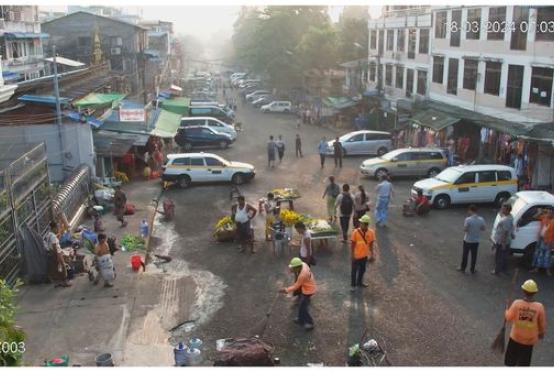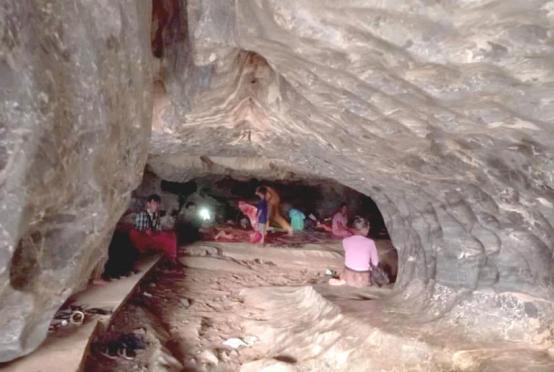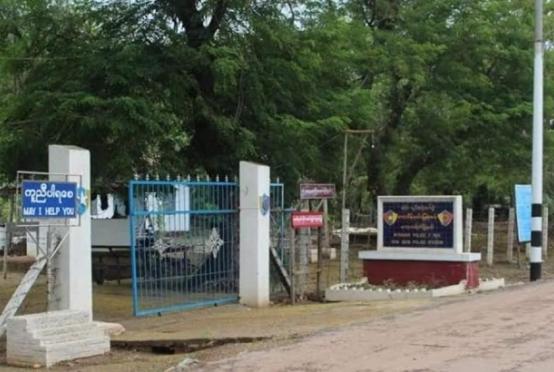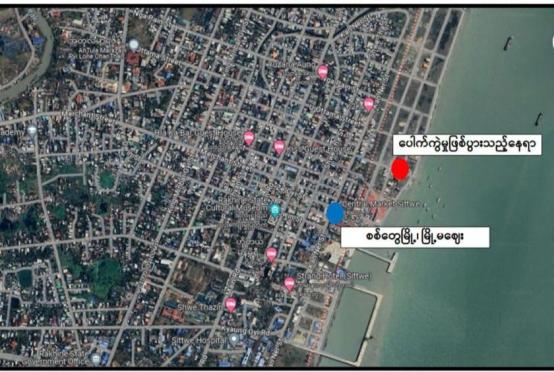Myanmar has needed three million tons of steel annually, but only one million tons can be produced locally, so two million tons have to be imported from abroad said Union Minister of Industry Dr. Charlie Than.
He said the above while holding a coordination meeting regarding Myanmar's iron ore producing regions and iron and steel production methods that can be used and the establishment of pulp mills based on the conditions of bamboo growth by state and region on the morning of March 16 at the Ministry of Industry in Nay Pyi Taw.
At the meeting, he said that at present, Myanmar's iron and steel production industry has one factory under the Ministry of Defense, two factories under the Ministry of Industry and three factories under the Myanmar Economic Corporation There are 362 iron smelters registered as private industries in the regions and states, including the Union Territory, are meeting the iron and steel needs of Myanmar and are working to develop the iron and steel production sector. In addition, the Melt Shop-1 at the No. 1 Steel Factory (Myingyan) has been rerunning this month and is working hard to produce steel billet. No. (2) Steel Factory (Pinpet) is working hard to start production of green direct reduction iron from iron ore in 2023-2024 FY. Myanmar needs about three million tons of steel annually, but only about one million tons can be produced domestically, so two million tons of steel are imported from abroad at a cost of over US$1 billion in foreign currency. Therefore, people were invited to suggest and discuss what they had learned about iron and steel production methods.
In addition to this, regarding the establishment of pulp mills, pulp mills will be established depending on the growth conditions of wood and bamboo by region and state and places where raw materials can be easily transported and produced. It must be built in places where water sources are easily available. The choice of land to build the factory is important because the waste water that will be released from the factory needs to be cleaned and discharged systematically. Pulp mills must be established in places where it is easy access to raw materials and water, electricity and fuel sources, he said.
















